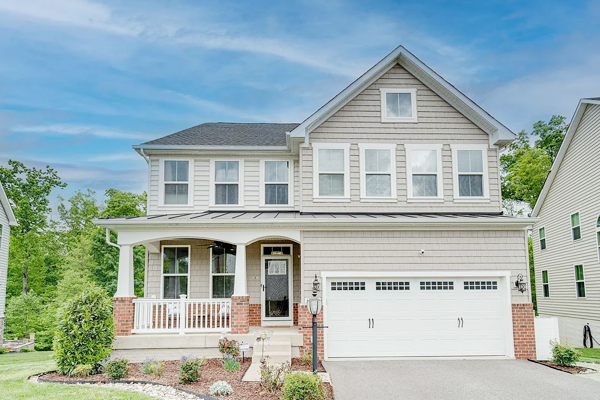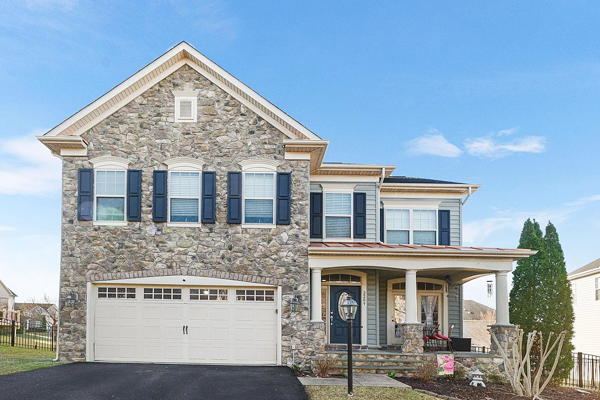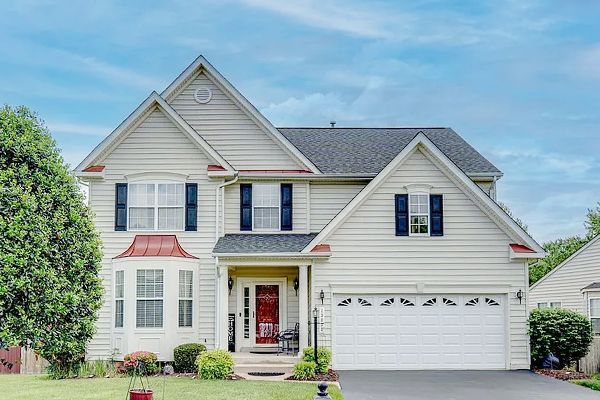Who Will Be Most Affected by a Market Shift?
A shift is coming; here’s what DMV buyers and sellers should know.
Let’s Explore Your Selling Options. We will help you sell your home at the price and terms you want. Free Strategy Call
We’re closer to the top of the market than we’ve been, so it’s not a matter of if the market is going to shift but when. Today I’m talking about which DMV submarkets will be most at risk when that shift finally does happen, and what homeowners, sellers, and buyers should know about the drop ahead as we edge closer to the top of the ride.
First and foremost, it will be more of a commercial shift than a residential one. That doesn’t mean we won’t see a pullback in residential real estate, but I’m predicting (as I’m sure plenty of smart people out there are also predicting) that the commercial real estate shift will be much more drastic.
Think about office spaces; how many people will soon be going back to the office? Consider retail, which is getting crushed right now. What about all of those A-class apartments being built right now? Who’s going to fill them, especially if they’re in the city centers?
26% more people are looking at rural properties now compared to this time last year. The pandemic has forced us to change how we live and how we appreciate our homes and it will continue to do so, but I think those changes will be more directly felt in the commercial market.
Secondly, 77% of homes in forbearance have at least 20% or more in equity, so I don’t think we’ll see a glut of foreclosures. Depending on how many people nationwide are delinquent come late fall and winter, I think we’ll see more short sales than foreclosures; there will likely be a lot of people needing to get out of their current homes, but they’ll be able to make a move more or less on their own terms.
How many condos have been built (or are still being built) in Washington D.C. in just the past five, seven, or 10 years? The answer: a ton. If you have a lot of the same type of inventory, those assets tend to be more affected when a market shift occurs. Keep a close eye on what happens to D.C. condos, but to my Virginia and Maryland friends: We’re not out of the boat, either.
While roughly 8% of all mortgages are delinquent right now, people are much more likely to miss their condo fee payment first; when people can’t pay those fees, it affects condo values more than you’d think. Most condos, especially in the DMV, belong to first-time homebuyers, and those classic first-time buyer programs like FHA and VA won’t insure those condos. If you take these people out of the market, condo values are greatly impacted.
In neighborhoods where the builder is still building, if they still have anywhere between four or eight more years to build, you’ll be competing directly against them when the market shifts—they’re surely not going anywhere anytime soon.
When it comes to luxury homes, we’re already seeing a pullback. I expect that to intensify in the future. Of course, there are always really well-built, custom luxury homes out there, but the luxury homes that were half-assed (I use that word loosely here) will be most affected.
Fixer-uppers will be more or less safe, as those properties will always be valuable to those who want to put more value into where they live. However, sellers who poured money into the wrong updates will be more at risk in this coming shift. Right now, buyers don’t have a choice, but when they have a choice, they’ll weigh your haphazard renovations against someone else’s smarter, more precise renovations.
We’re always looking out for shifts in the market and helping sellers, buyers, and investors make sense of them. If you’re thinking about buying or selling soon, please reach out to us here at the AJ Team via phone or email. We look forward to hearing from you! Remember: You have a dream; we have the address.
-
Let’s Explore Your Selling Options. We will help you sell your home at the price and terms you want. Free Strategy Call
-
Free Home Value Estimate. Know the value of your property for a cash offer or traditional listing. Request My Value
-
Looking for a Washington DC Home?. Search the entire MLS for your Washington DC home. Search MLS
-
Search Foreclosures. Access exclusive D.C. foreclosure listings. Search Now
-
FREE Audiobook. Get your FREE audiobook of "50 Things Your Real Estate Agent Should Tell You but Probably Won't". Download Now
-
Free Newsletter. Get our latest Q&A, insights, and market updates to make smarter decisions. Subscribe Now






